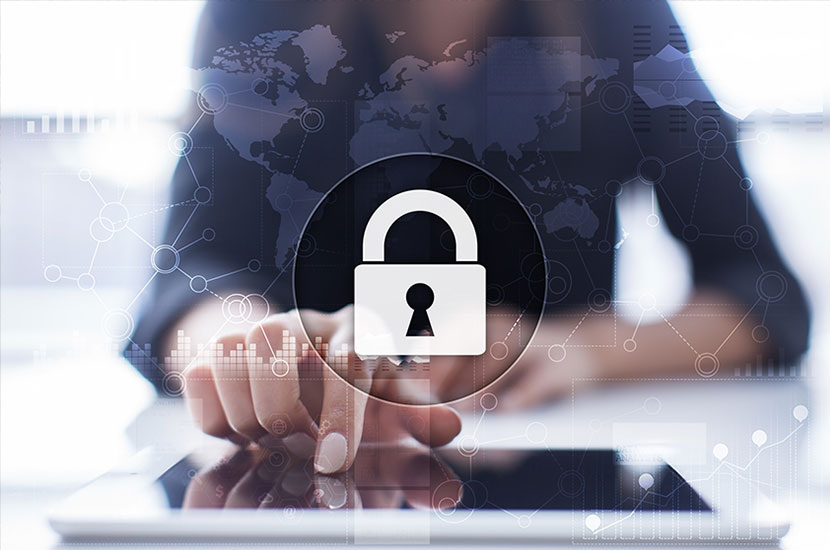Keeping Your Data Safe Online

No matter what you’re doing online, it seems like dangers are lurking everywhere. Anytime you log onto your email or check Facebook, you’re risking your data. However, being on the internet isn’t as scary as it sounds if you understand how to protect your personal information. Here are tips to help you stay safe online.
What Data Do I Need To Protect?
Many people don’t realize that you can access and reset most accounts with only a few pieces of commonplace information. You need to protect your Personal Identifiable Information(PII). PII includes:
• Full names
• Addresses
• Email accounts
• Phone numbers
Overlooking these categories is easy. But most people know to protect their SPII or Sensitive Personal Identifiable Information. SPII includes social security numbers, credit card/bank account numbers, driver’s license numbers and more.
You need to protect your PII because anyone could easily use that information to access your more sensitive information. Resetting passwords and entering accounts are easy if you have 2 or 3 pieces of someone’s PII.
Good Habits
Possibly the best habit that will keep your data safe is backing it up in either a cloud or external device. When you create a duplicate of your data, you immediately disarm ransomware attacks. Although attackers can still compromise your device, you won’t feel pressure to pay to recover your data.
Another great habit is to use an anti-malware application. These applications are the base of a strong data safety plan. When choosing an anti-malware software, make sure it prevents attacks from viruses, worms, spyware, scareware, trojan horses and ransomware. Allow your software to run periodic system scans and to check every download.
If you’re out an about and connected to a public Wi-Fi network, avoid doing anything with your mobile device that involves sensitive information. This can easily be intercepted as public networks are often unsecured.
Although it seems like common sense, to protect your data you should always avoid downloading files from unknown sources. Many sites seem useful, or it may even look like an email from a close friend, but don’t download unknown software or attachments.
Conclusion
Protecting your data online is impossible with a single system. Your anti-malware software can’t do it alone. Instead, use multiple systems that are easy to remember but offer a lot of protection.
Never shop on unknown sites, don’t let websites store your card information, use multiple email accounts and protect even basic information like your home address and phone number.
(Credit: PixelPrivacy.com is all about making the world of online security accessible to everyone)







